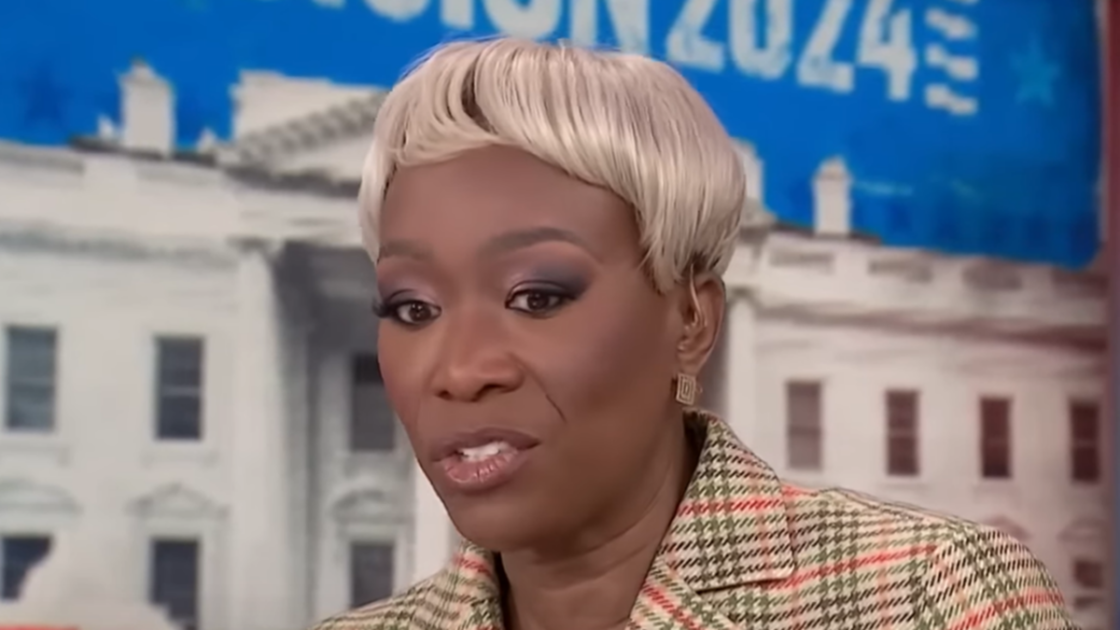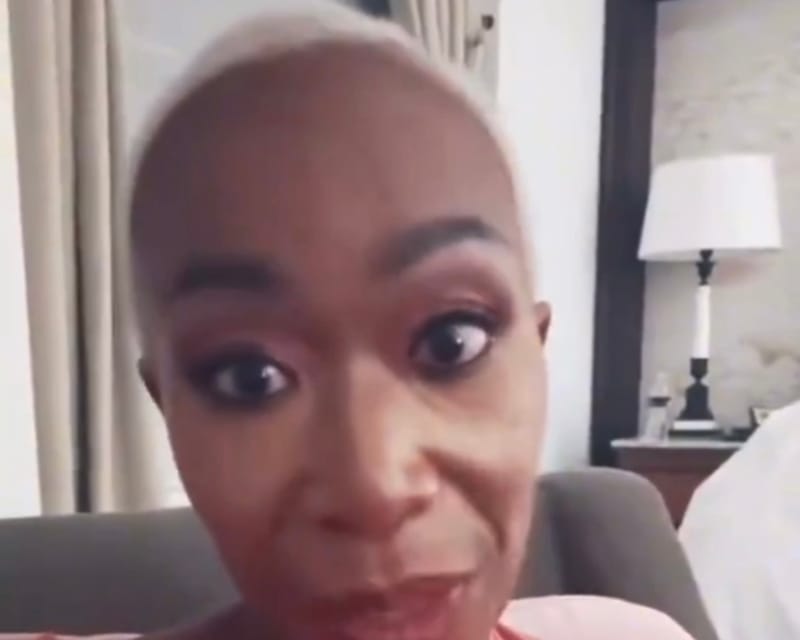Joy Reid's Accusations Against White Christian Iowans Ignite Widespread Backlash, Critics Decry Divisive Rhetoric
Joy Reid, the host of MSNBC, has found herself at the center of a storm following her remarks accusing white Christian Iowans of wanting people of color to "bow down" to them. Her comments have ignited a firestorm of criticism for what many see as an unfair portrayal
Joy Reid, the host of MSNBC, has found herself at the center of a storm following her remarks accusing white Christian Iowans of wanting people of color to "bow down" to them. Her comments have ignited a firestorm of criticism for what many see as an unfair portrayal of a specific demographic and a contribution to the divisive discourse in the country.
During a discussion on her show, Reid referenced demographic data about Iowa and questioned why white Christians in the state continue to support former President Donald Trump, despite his electoral losses. Drawing from Robert "Robbie" Jones, president of the Public Religion Research Institute, Reid suggested that white Christians in Iowa view themselves as the rightful inheritors of the country and believe that Trump will restore their perceived ownership.
Reid argued that this mindset is rooted in a belief that white conservative Christians are the "real" Americans and anyone outside this group is a fraudulent American. She further claimed that white evangelical Christians with this mindset believe they own the country and expect everyone else to bow down to them.
She has since faced major backlash for her comments, with critics accusing her of making sweeping generalizations and promoting division based on race and religion. Critics argue that her remarks are not only unfounded but also contribute to the polarization of society.
MSNBC should fire Joy Reid IMMEDIATELY for her disgusting comments made towards Christians last night.
— Graham Allen (@GrahamAllen_1) January 16, 2024
pic.twitter.com/Pi49NYxFw4
Among the critics, former UN Ambassador Nikki Haley responded sharply, stating that "we've had enough" of dividing people on race. Haley's remarks echo a sentiment shared by many: that the rhetoric of division is harmful and counterproductive to unity.
Social media users have also expressed their outrage at Reid's comments. Many called them divisive and irresponsible, highlighting the influential role of media personalities in shaping public opinion and discourse.
Conservative commentators and politicians joined the chorus of disapproval, condemning Reid's remarks and accusing her of promoting a harmful and divisive narrative. They argue that such broad generalizations only serve to deepen the societal divides.
This incident underscores the ongoing debate about the role of religion in politics and the need for respectful dialogue that promotes unity rather than division. The backlash against Reid's comments serves as a stark reminder of the responsibility held by media figures to foster understanding and unity, rather than perpetuating stereotypes and division.


